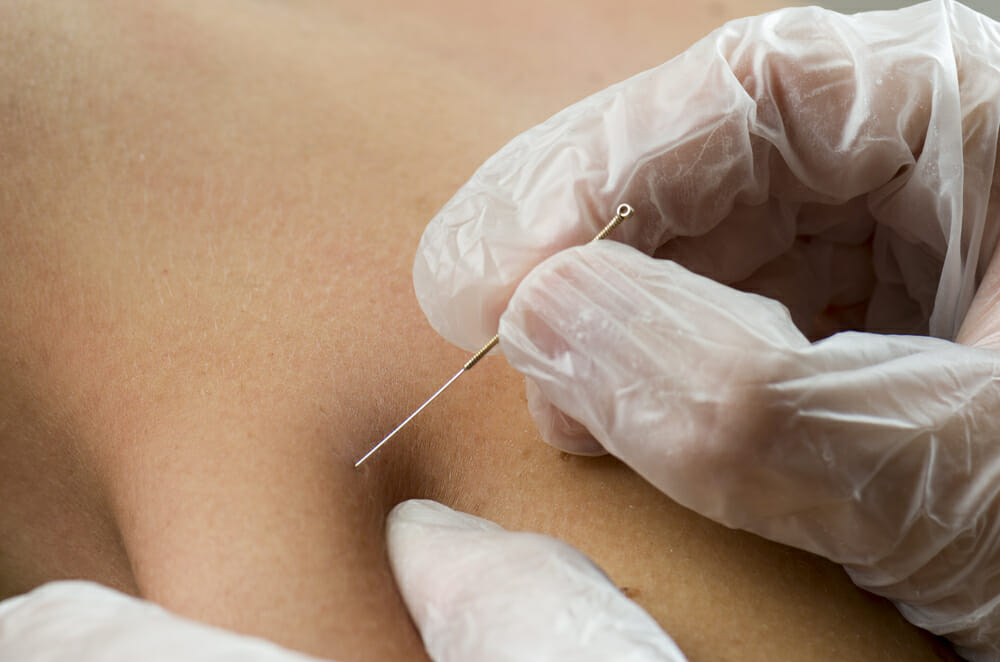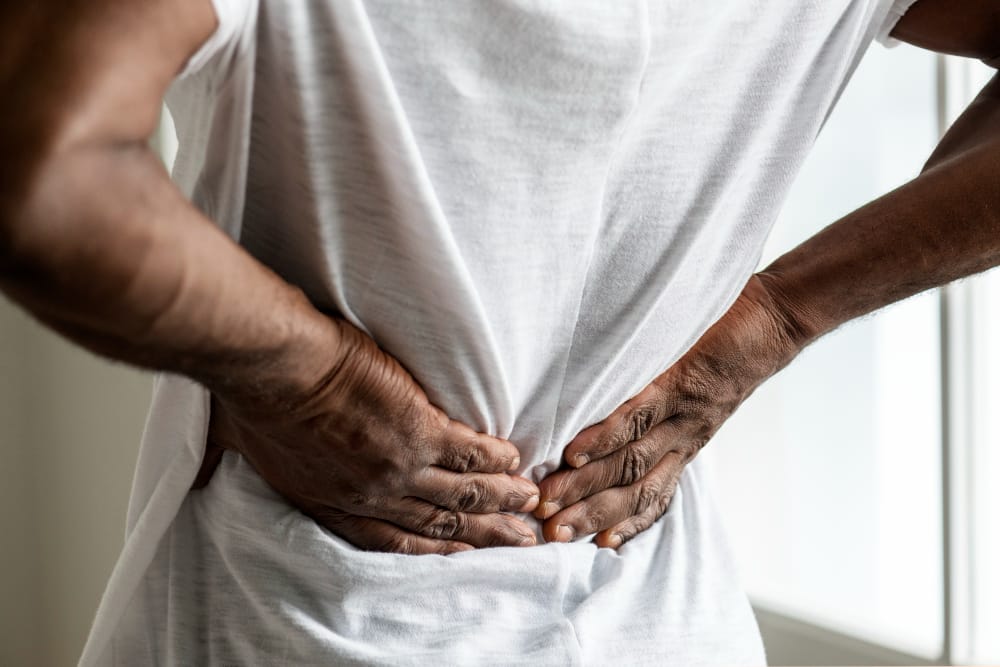
Jaw pain can be the result of a variety of common conditions or unique factors. When jaw pain is prolonged, it can begin to impact day-to-day life and normal functioning. Over time, jaw pain conditions may become quite severe, leaving patients with tension headaches, neck and shoulder pain, earaches and dizziness. Severe pain can also limit jaw movement and cause tooth pain.
Dry needling acupuncture is a treatment adapted from traditional Chinese medicine which involves inserting extremely fine needles into specific points of your skin in order to relax the muscles. It aims to bring relief to specific areas of the body that are causing muscle or joint pain.
What is jaw clenching?
Bruxism is a condition in which you grind, gnash or clench your teeth. This can mean you’re unconsciously clenching your teeth when you’re awake or you may grind them during sleep.
If you wake up with aching teeth, this could be a sign that you have nighttime bruxism, or teeth grinding at night, which is considered a sleep-related movement disorder. People with bruxism are more likely to have other sleep disorders like snoring or sleep apnoea.
Common symptoms of bruxism may include:
- Teeth grinding or clenching that may be loud enough to wake your sleep partner
- Tired or tight jaw muscles
- Locked jaw that won’t completely open or close
- Facial pain—including jaw, neck or face soreness
- Pain that feels like an earache but is actually not a problem with your ear
- Difficulty or pain while chewing
- Damage from chewing on the inside of your cheek
- Clicking sound or grating sensation when you open your mouth or chew
Wear and tear caused by jaw clenching or teeth grinding can even eventually lead to temperature sensitivity, chips or cracks, or even loss of teeth.
You should consult with your physio if you are suffering from any of the above symptoms or have any other concerns about your teeth or jaw health. There are several effective treatments available, including dry needling for jaw clenching.
Jaw pain and TMJ
A tight or painful jaw can be caused by a range of conditions, from stress to temporomandibular joint disorder (TMJ). The temporomandibular joint is a sliding hinge connecting your jawbone to your skull, with one on each side of your jaw.
TMJ pain is common but requires an experienced jaw physio, GP or oral medicine specialist to diagnose and treat as the cause can often be complex, and has the potential to eventually lead to chronic pain.
Some of the common causes of TMJ include:
- Jaw injury or trauma
- Excess stimulation of the jaw—including clenching or grinding the teeth
- Arthritis of the disc that cushions the jaw’s movements—or a displaced disc
In most cases, the discomfort associated with TMJ disorders is temporary and can be managed with nonsurgical treatments. Surgery is a last resort once other treatment options have been exhausted. If there is no limitation on your jaw movement then your pain may not be prolonged and you may not need extended treatment.
More severe TMJ symptoms can make it difficult to open your mouth to eat or speak, and can even lead to headaches and neck pain. Interestingly, neck pain can also cause your jaw tension, creating a feedback loop that requires attention from a physiotherapist trained in jaw pain management.
If you are experiencing pain from a TMJ disorder it is a good idea to avoid chewy or hard foods as they can aggravate your discomfort.
How can dry needling for jaw pain help?
Dry needling is a common treatment option sought by jaw pain sufferers, as it allows patients to experience pain relief and a reduction of symptoms. It works to relieve muscle tightness and encourage greater movement, while also reducing swelling and inflammation, to restore your jaw function.
Dry needling for jaw pain involves very thin needles being inserted into and around the various trigger points in the jaw area and sometimes in the neck (where relevant). As the needle enters the muscle and stimulates a localised twitch response, this helps the muscle to relax. This reduction in tightness induces pain relief and can greatly assist in improving your jaw’s range of motion. Some people report pain relief after the first session, however many people require multiple sessions to achieve the best results. An experienced jaw physiotherapist will determine the primary contributing muscles so that you can achieve a more long term result.

Dry needling for jaw clenching is performed by a licenced physiotherapist who inserts the sterile filament needle into the skin, removing it soon after and lightly compressing the area to prevent any bleeding (if required). Your jaw pain should gradually reduce while the needles are in the muscles, and you may feel your muscles relaxing straight away.
If you are seeking jaw physio, consult with a qualified health provider to discuss whether acupuncture is right for you as part of a more comprehensive treatment program.
Integrity Physio Como offers acupuncture as one of the many treatments we offer—and it is used to treat a range of conditions, including jaw pain. Reach out today to book with one of our qualified physiotherapists to experience how we can help you look after yourself.




